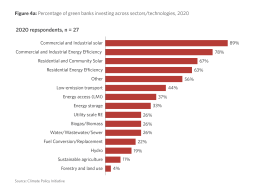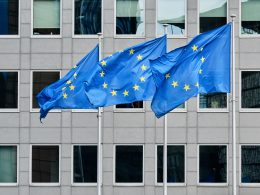Brazilian reforestation startup re.green has secured 80 million reais ($14.13 million) in financing from the country’s state development bank, BNDES, in a deal facilitated by private lender Bradesco.
The financing follows a similar 160 million reais deal granted to fellow restoration firm Mombak last month, marking only the second investment made through Brazil’s R$10 billion “New Climate Fund.” Launched in 2023, the fund aims to catalyse investment in projects targeting climate change mitigation.
The agreement reflects growing momentum in Brazil’s emerging carbon market, which is increasingly drawing interest from private financial institutions such as Bradesco and Santander—both acting as intermediaries in recent transactions. However, despite the positive developments, restoration startups have long faced hurdles in accessing capital due to perceptions of high investment risk.
“We have a mantra that is de-risking—reducing uncertainty and increasing confidence in this market,” said Thiago Picolo, CEO of re.green. “This first disbursement from BNDES, with Bradesco’s involvement, is an important milestone in that direction.”
Re.green specialises in acquiring or partnering with owners of degraded land—particularly in the Amazon and Atlantic rainforests—to restore native vegetation and generate carbon credits. These credits can be sold to companies looking to offset their greenhouse gas emissions.
The company has signed a restoration partnership with Microsoft and enjoys backing from prominent Brazilian investors, including billionaire João Moreira Salles and asset management firms Dynamo and Gávea, the latter founded by former central bank governor Arminio Fraga.
BNDES president Aloizio Mercadante described the financing as a demonstration of the fund’s capacity to drive investment into ecological recovery. “This confirms the strength of the instrument made available by President Lula to enable BNDES to play a decisive role in fighting climate change,” he said.
The bank’s initiative supports Brazil’s national pledge—first made in 2015 and reaffirmed by President Luiz Inácio Lula da Silva—to restore 12 million hectares of native forest by 2030.















